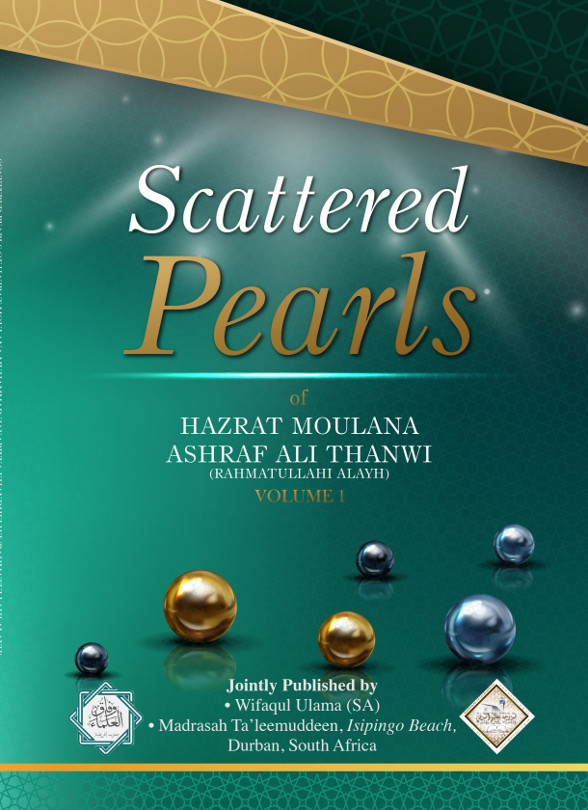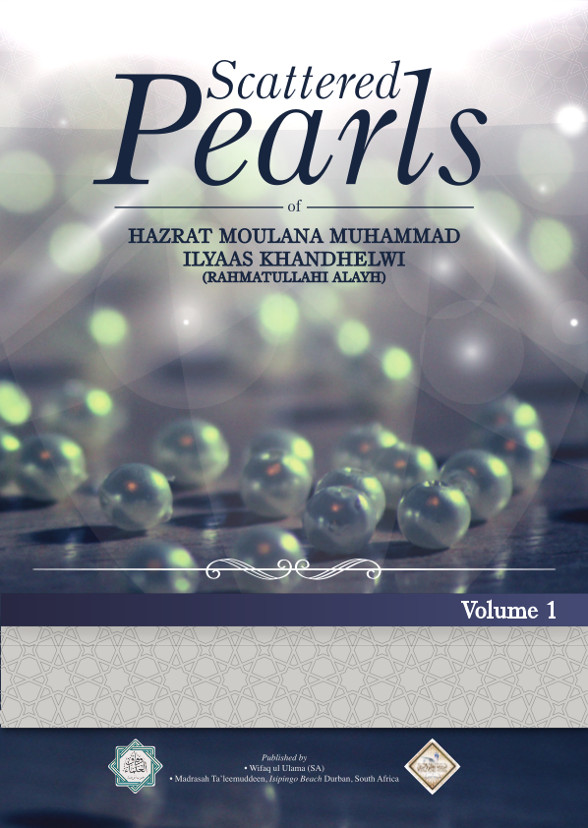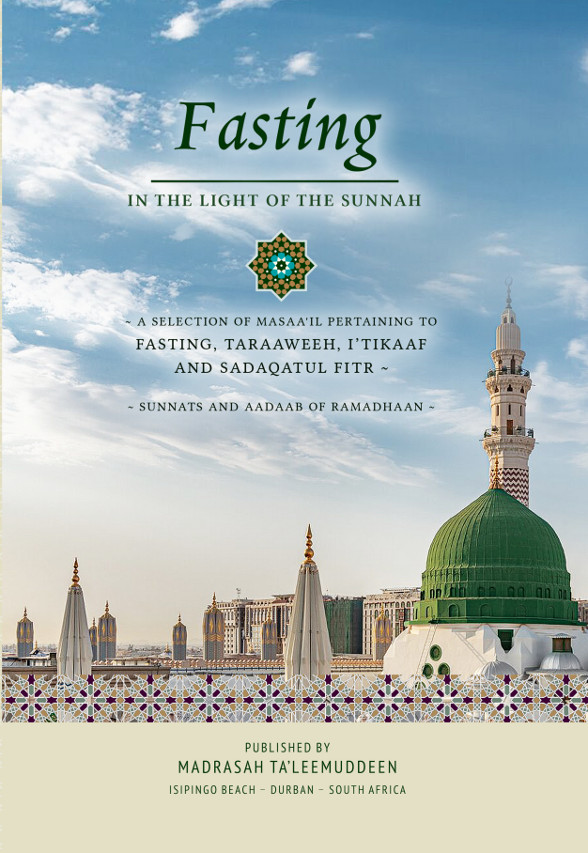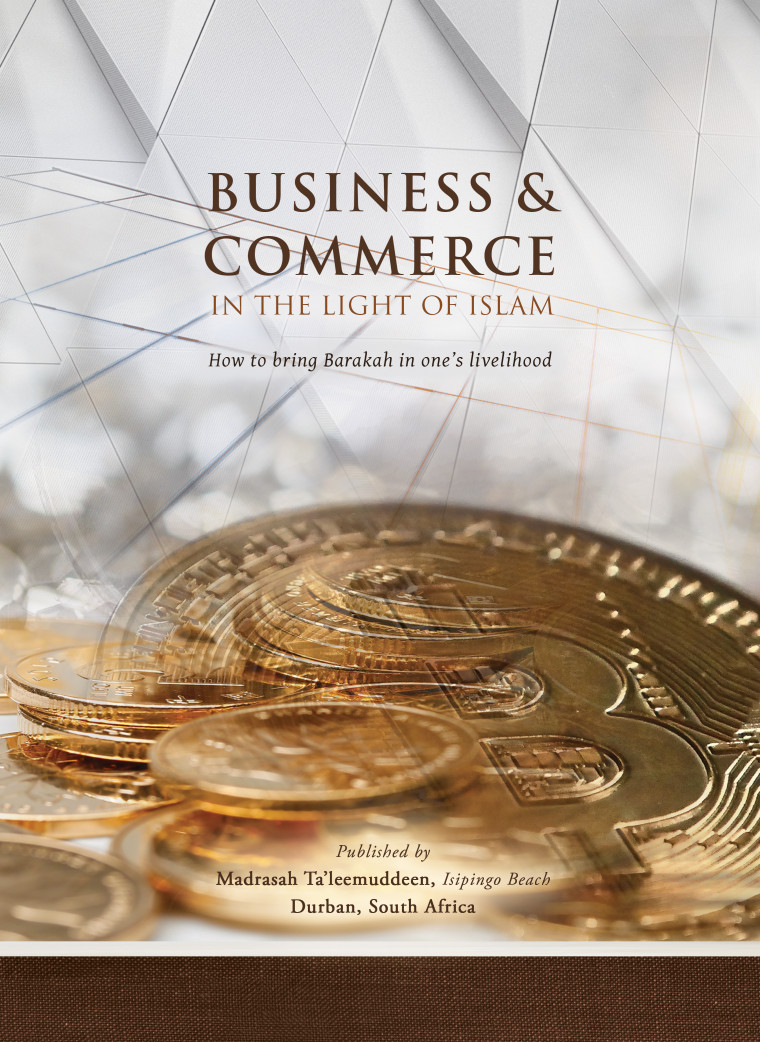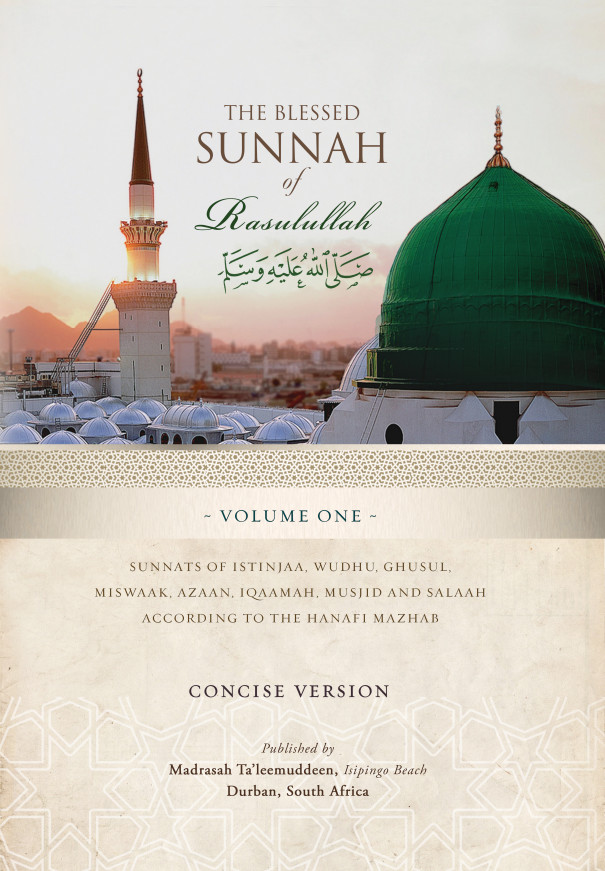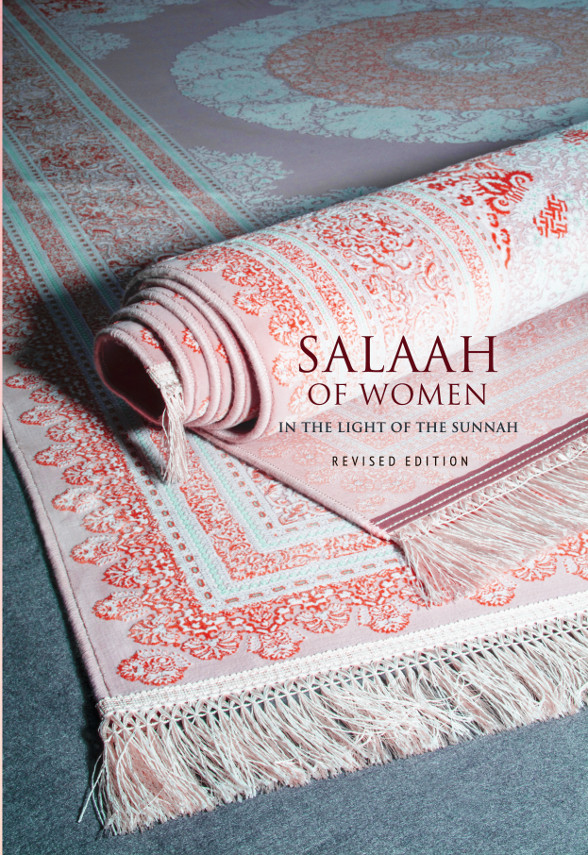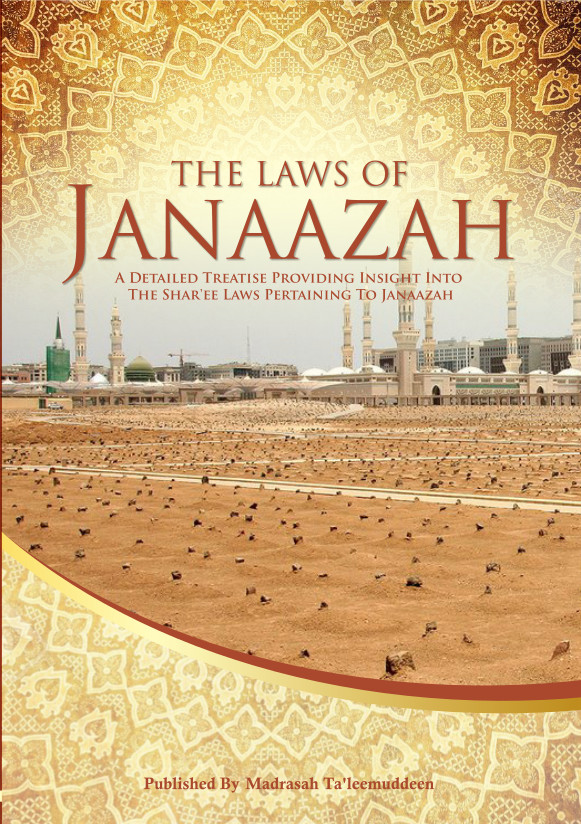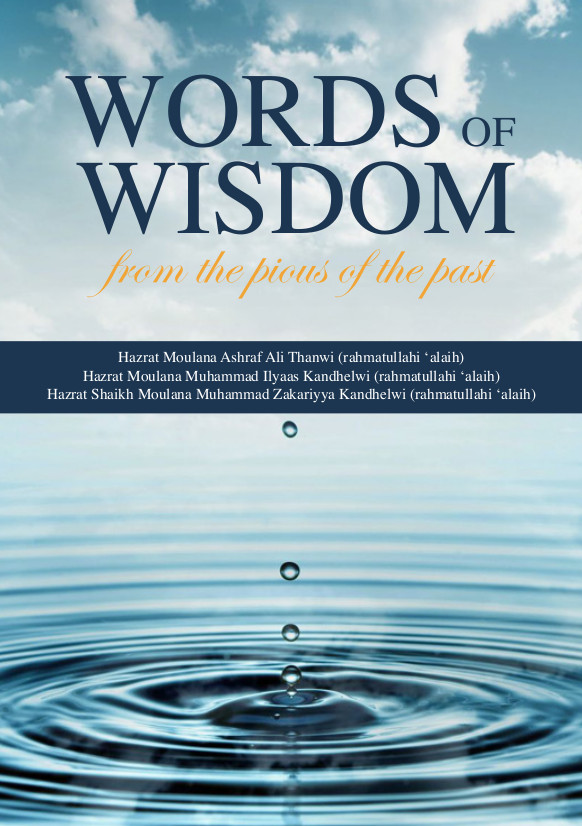Fuqahaa explaining the parameters of Deen
Q: In Bahishti Zewar, there are many masaail that speak about a husband who can have sexual intercourse with a minor. There was 1 certain masa'ala that (if a husband has sexual intercourse with a minor where there is a fear of her vaginal tissues coming together then ghusl is not fard upon her pg. 74 quoted briefly).
Mas'ala was quite graphic and gave me a headache just by thinking about it. My question is, won't that be considered as paedophilia. Does Islam really allow having intercourse with minors. If not then why are these masaail mentioned in Fiqhi books. Your detailed explanation will highly be appreciated.

A: It seems that you are not familiar with the reality on the ground. It is for this reason that you are feeling nauseated by seeing these types of masaail. Had you been acquainted with the reality on the ground, this would not have been your response. People in the medical field who prepare medical journals at times explain remote types of situations. The purpose for explaining these remote situations is that if someone is faced with this situation, then it would serve as guidance for him. However, the purpose is not to encourage people towards practicing upon these remote situations. Similarly, you should understand that the Fuqahaa have explained various situations and their rulings.
It is the responsibility of the Fuqahaa to explain the parameters and boundaries of Deen. Hence, the Fuqahaa will present various situations (even those situations that are makrooh) and explain their sharee ruling so that if one gets involved in such a situation, he will know the sharee ruling that applies to him. For example, the Fuqahaa mention the masala of a person who only covers his satar area and performs salaah. Such a person's salaah will be valid, though performing salaah in this manner is makrooh for one who has clothing. The Fuqahaa explaining these various situations does not mean that they are encouraging people to practice upon these masaail. Similar is the situation in question.
And Allah Ta'ala (الله تعالى) knows best.
Answered by:
Checked & Approved:






